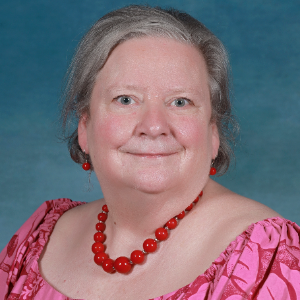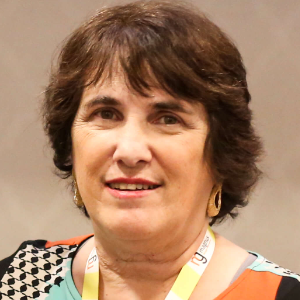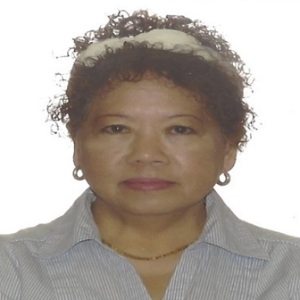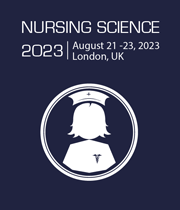Holistic Nursing
Since the 1700s, nursing has been based on holistic concepts and has integrated natural medicines and therapeutic therapies. Holistic care is a broad notion that is difficult to define. Holistic care entails a thorough awareness of patients and their diverse demands for care, has far-reaching implications in health-care systems, and has been dubbed the "heart" of nursing science. Holistic treatment can assist patients accept and assume self-responsibility, as well as improve their satisfaction with healthcare. It will also lead to a greater understanding of how illnesses affect patients' reactions and genuine requirements. Complex psychological, social, and cultural needs disrupt a patient's balance and impair his or her capacity to carry out daily activities throughout an illness. Patients' physical, emotional, social, and spiritual needs are all addressed in holistic treatment, which restores their equilibrium and allows them to cope with their ailments, thereby enhancing their lives.
- Holistic Models of Nursing Practice
- Traditional and Holistic Nursing
- Innovations
- Research Advancements
- Ethical-Legal Issues

Nina Beaman
Aspen University, United States
Daryle Wane
Pasco-Hernando State College, United States
Robin Adams Geiger
Ingenovis Health, United States
Elvessa Narvasa
Quebec CCN, Canada
Sue Roe
The Roe Group Enterprises, LLC, United States
Maria Kozlowski Gibson
Cleveland State University, United States


Title : Nurse as designer: Innovative practice contributing to nursing science
Jean Ross, Otago Polytechnic, New Zealand
Title : Creating a culture of mentorship: Empowering nurses to reach their full potential
Robin Adams Geiger, Ingenovis Health, United States
Title : Emerging paradigm of patient care in the age of wearable technology
Elvessa Narvasa, Quebec CCN, Canada
Title : Late adverse effects of the treatment for childhood cancer
Jelena Roganovic, University of Rijeka, Croatia (Hrvatska)
Title : Relevance of clinical practice in nursing education
Daryle Wane, Pasco-Hernando State College, United States
Title : The neurobiology of aggression: De-escalation and whole-brain processing techniques
Nina Beaman, Aspen University, United States